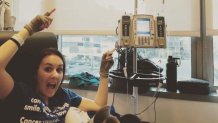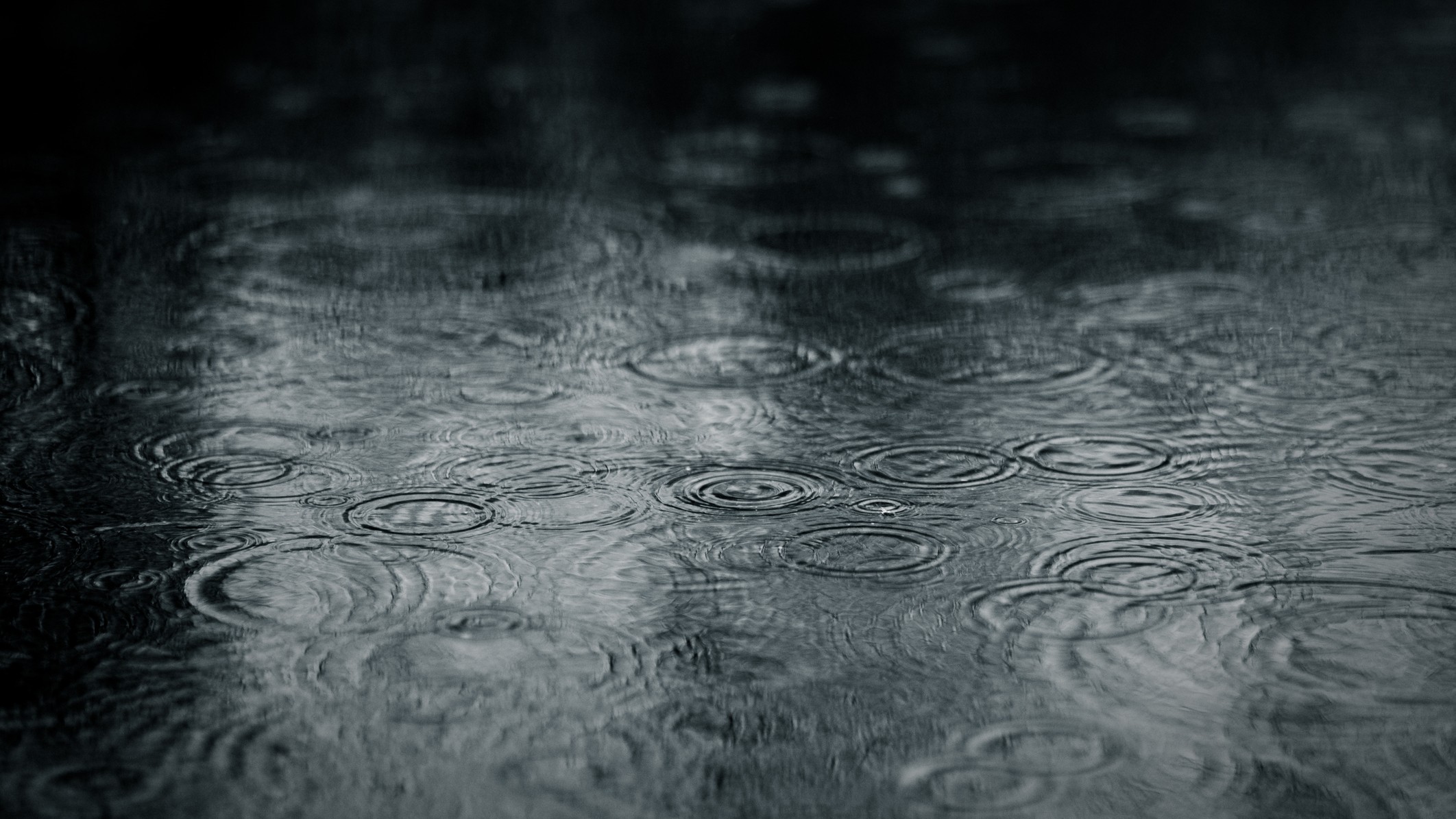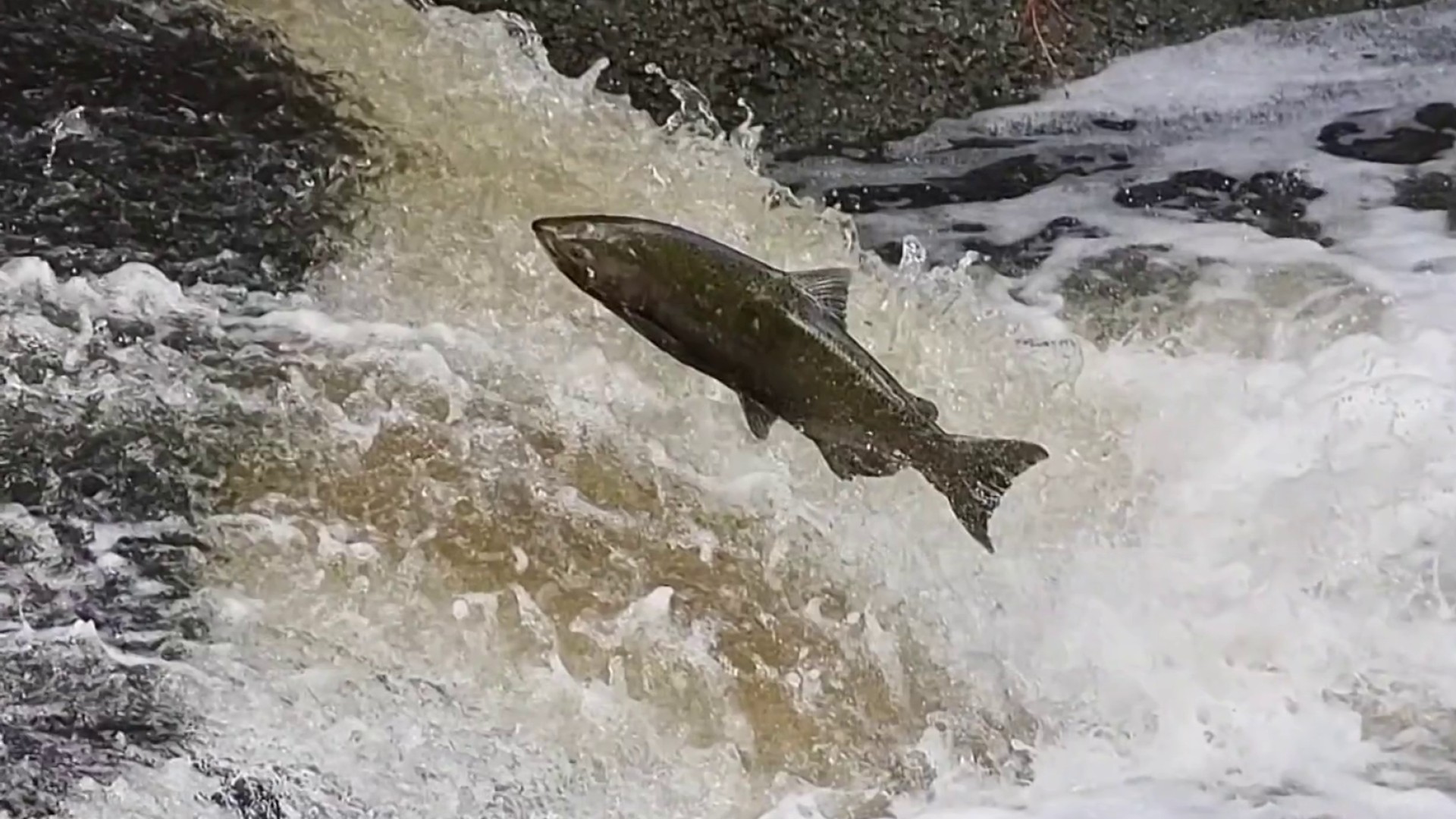During the last four months, COVID-19 was the second most pressing medical concern on Jessica Buscho's mind. For the last three years she's battled stage four colon cancer, undergoing some 41 rounds of chemotherapy and seeking out clinical trials that could potentially save her life.
It was hard enough, and then COVID-19 showed up.
In March, as the virus began its crawl through the U.S., the Contra Costa County woman was in a clinical trial in the Bay Area. But when the disease spread to her brain, she had to exit the trial because she no longer qualified. As she searched for another clinical trial in the Bay Area, she ran up against the impact of the virus.
"Part of the reason I couldn’t find a trial locally," Buscho said, "is because while there was a halt in trial enrollment at the beginning of COVID -- long wait lists built up."
Buscho finally found a clinical trial that seemed promising but it was located in Orange County. She and her family now make treks to Southern California each month. In her travels she is discovering what other cancer patients are also learning -- COVID-19 has made a challenging road that much more difficult.

Buscho ticks off the mundane bits of traveling now exasperated by fears over the virus. As someone in the virus' high risk category, she has to worry about stopping at gas stations for bathroom breaks. Hotel rooms seemed too risky. So Buscho, her husband and three children rented a house -- which ended-up costing more than $3,000 during the first thirteen days of her treatment.
Local
"People are having to weigh the risk of exposure with the possibility of being on a life saving trial," she said.
Early on in the pandemic, medical experts curtailed many clinical trials and encouraged people to put-off visits for screenings and minor procedures -- not only for the safety of patients but also to protect medical staff. But medical professionals are now again pushing people to get tested.
"We do encourage people to get back into the swing of things," said Alan Venook, professor of medicine at UCSF, "and start doing the routine screening and things that do matter in the long run."
Venook said the medical profession is re-examining decisions to cancel or delay some clinical trials early in the pandemic, though he said those decisions were made to protect patients and front line medical staff.
"You worry while it’s all done in good faith and done for a reason which is to protect patients, you may be harming their ultimate outcome," Venook said. "We don’t know yet but we may discover that we did that."
Buscho said COVID-19 has wrought collateral damage on cancer patients disproportionately.
"Especially during COVID," she said, "I have seen friends pass away while they are waiting to get on a trial or waiting to get treatment."
Buscho and her family since have landed on a solution for their medical trips to Southern California. They're buying an RV which will allow their kids to do their distance learning, and give the family its own secure bathroom and lodging. A friend is volunteering a driveway near the treatment. Buscho said donations helped the family afford the cost of the RV, but also reminded her that many others aren't as lucky.
"When I think about the cost of it and what it’s taken to get to this point," she said, "it really highlights that trials may not be accessible for everybody right now."
Though the treatments exact a physical and emotional toll, Buscho said she presses on to take up the torch for friends who lost their battle with cancer.
"Carry on what they started and make sure I live my best life," she said, "for not only myself and my kids but cancer patients everywhere."



